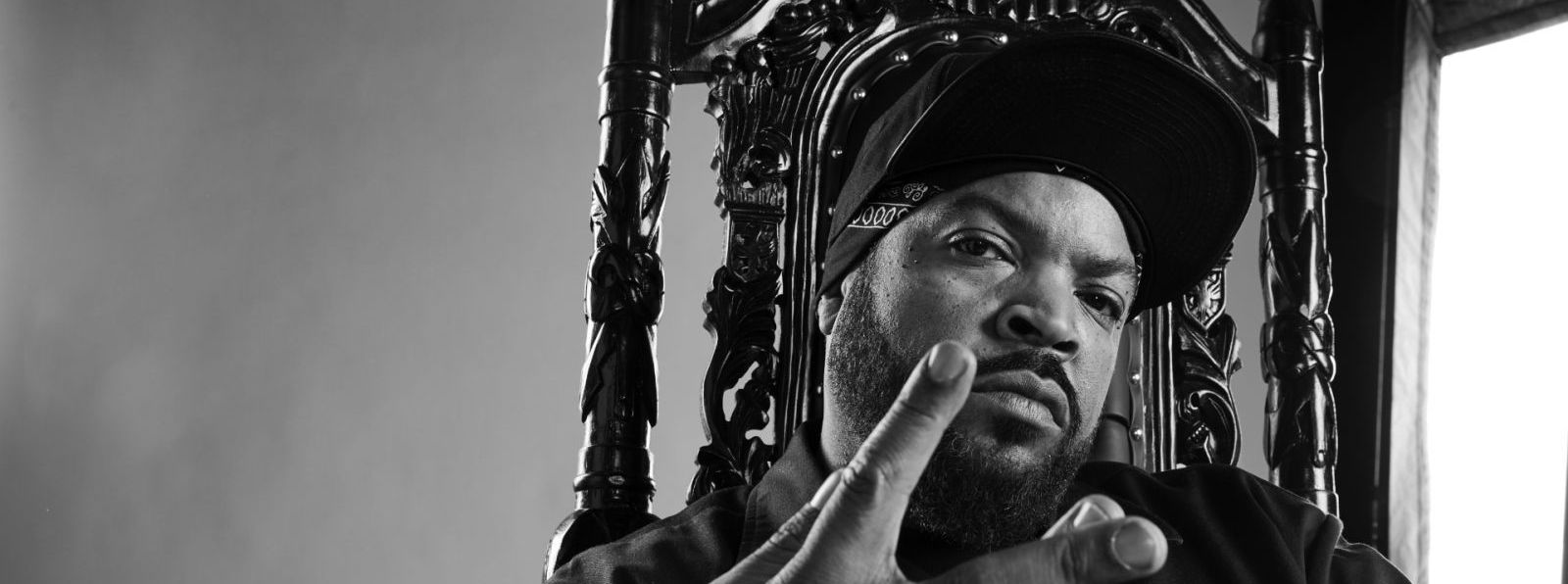Ice Cube on his controversial lyrics: ‘I want to cut through but I’m not a shock jock’
Hip-hop legend Ice Cube is pulling out the hits from his long career as he descends on Britain for a massive arena tour this December. The rapper, actor, producer and all-round icon chats to us about artistic freedom, arena performances and the legacy of NWA

Your music career sometimes feels like it’s been outpaced by the enduring success you’ve had as an actor. What motivates you to keep making hip hop?
The freedom to be a true independent artist, like a painter. When you’re doing movies it’s such a big production. You have to get over 100 people to buy into a concept. Hip hop is a different kind of production. Making a record, I can do that with the beat and my engineer, and it can be pure thought, pure expression. Lyrically, I can go anywhere I want to go. So, you know, it’s the freedom that hip hop has always given me; a mental freedom.
That freedom is what makes your music, particularly your run of solo albums in the 1990s, so bracing and sometimes shocking. Do you ever feel like you have to pull your punches when writing lyrics?
I want to cut through but I’m not a shock jock. I could say a lot of things that can just shock people and blow their minds when I’m rhyming. But I’ve really tried to get over concepts and thoughts and reality as I see it, as well as be lyrical and ride the beat like I’m supposed to, and make it entertaining and interesting enough to absorb. What I’m always doing is speaking the truth as I see it.
Your lyrics are so potent that the sheer quality of some of the beats you’ve produced is easy to overlook. How do you know when you’ve hit on a good beat?
I like beats that are cinematic, beats that make you move. I think West Coast hip hop has prided itself on catching the groove every now and again, and then you add the lyrics and it’s a full experience. It’s really just about making the music fit the rhyme and making it tell your story.
How do you bring that cinematic experience to a space as large as an arena?
I want to give people a pure hip-hop experience, but I’m not big on a lot of production. It’s really about grip and rip, go through 35 years of hits to make people get out of their seats, move and dance. I’ve got a lot of different songs I can go to and, you know, sometimes I’ll dial them up on the fly because of the audience’s energy. I think it’s important when you have a big back-catalogue to keep churning it. I’ll keep that playlist flipping.

Like Nirvana or The Beatles, NWA have become one of those bands that every generation rediscovers. What do you think they’re responding to?
I mean, it’s top of the line music. It’s kind of like having a great meal on a great day. You’ll have other meals that are great and you’ll have other days that are great, but you can’t quite put your finger on why you remember that one day so much. NWA is like that; it’s capturing a piece of time. And you can still feel the energy on those records. DJ Quik said the studio vibe goes on to the tape as well as the music, and those recordings caught our vibe as well as the music. It’s just true to itself.
The influence of NWA and your solo career has cut through rap and into popular culture. Were you aware of the influence you were having on other bands at the time?
People like Sinéad O’Connor and Metallica used to rock out to our albums before they went on stage, and even bands like ZZ Top loved us. And we ended up loving their music as well. It was humbling. I’m appreciative to be a part of that whole era.
You’re one of the first artists to take gangsta rap to a mainstream audience. What are your reflections on the legacy of that genre?
It’s music that’s always pointed out the good, the bad and the ugly, and it continues to do that. You know, everybody loves good, everybody is intrigued by the bad, but everybody is turned off by the ugly. But when you have ugly things happen in the world, people go and make music about it. If people don’t rap about it, people don’t talk about it. And if people don’t feel safe, they’re going to start talking about all the guns they’ve got and the things they’ll do if you mess with them. Everybody wants to paint a pretty picture, but everybody knows that’s not reality. There are still kids speaking their reality, and I respect them for it.
Ice Cube tours with Cypress Hill and The Game from Tuesday 5–Tuesday 12 December.